The 2024 International Genetically Engineered Machine Competition (iGEM) has concluded, and both the BNU-China team from Beijing Normal University (BNU)’s Beijing campus and the BNUZH-China team from the Zhuhai campus have clinched gold medals. In addition, they earned multiple individual award nominations, marking another milestone in their journey of excellence.
What is iGEM?
iGEM is a premier international competition in synthetic biology that also promotes interdisciplinary collaboration across fields like mathematics, computer science, and statistics. Participants are tasked with using standard biological modules to construct genetic circuits, develop robust mathematical models, and manipulate intricate artificial biological systems. Their research is ultimately submitted to iGEM’s organizing committee at MIT for global scientific exchange.
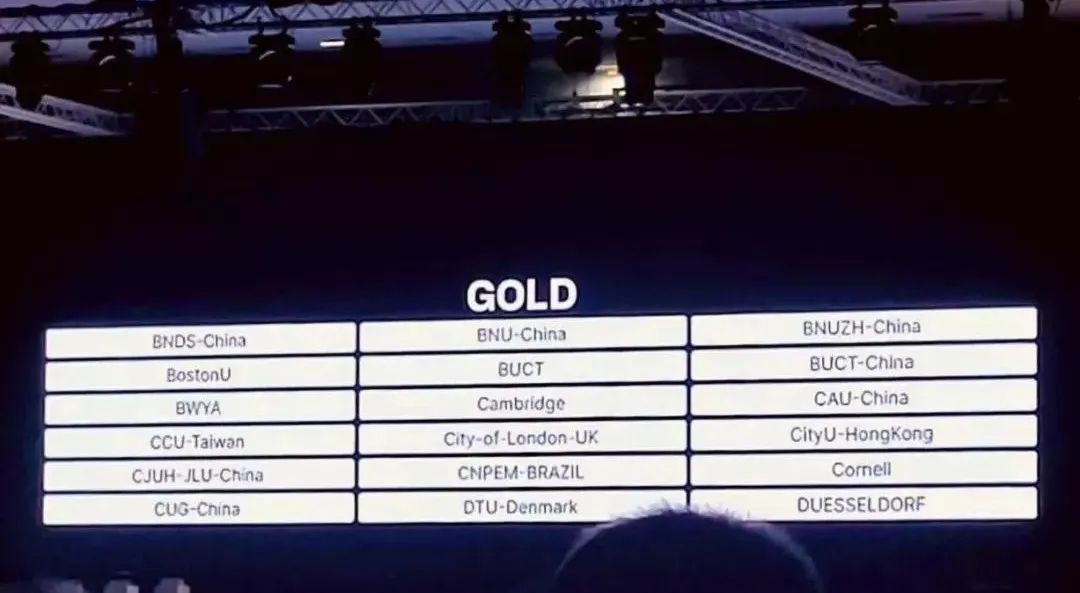
BNU-China Team
In 2023, the BNU-China team achieved historic success, winning a gold medal and securing the Best Part Award and a nomination for Best Project (Top 5), cementing their status as one of the top university teams in China. This year, they continued their stellar performance, earning their seventh gold medal in team history.
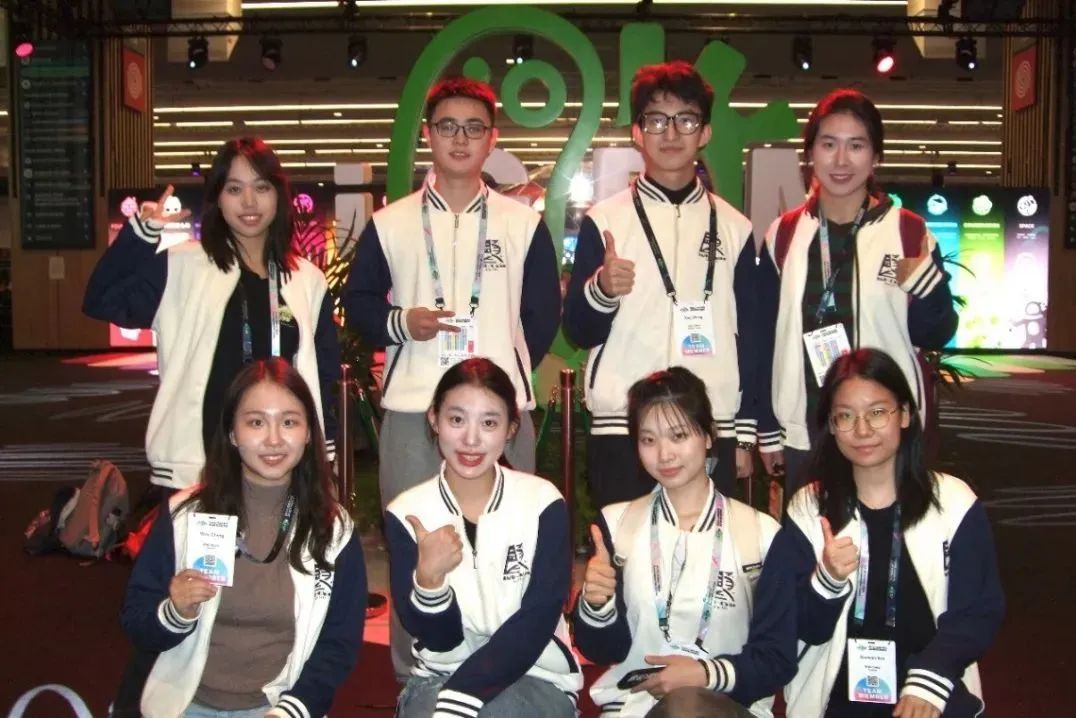
Their project focused on nanodiscs, tiny structures composed of lipid bilayers, membrane proteins, and membrane scaffold proteins (MSPs), which hold great potential in membrane protein research and targeted delivery. Compared to other nanoparticles, nanodiscs are uniquely flexible in design and exhibit excellent compatibility with membrane proteins, making them ideal for applications such as drug and RNA delivery and bioimaging.
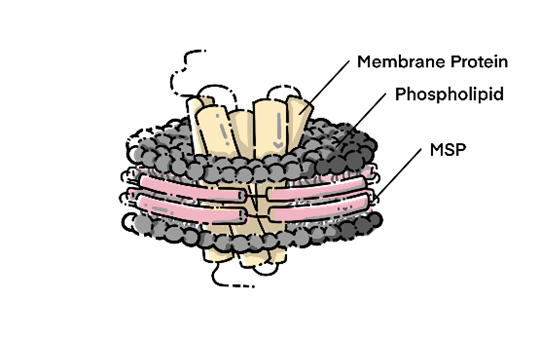
The 2024 BNU-China team designed and optimized a platform called NanoDisguiser to enhance nanodisc versatility, exploring their applications in antiviral therapies. By embedding specific receptors into nanodisc structures, they effectively targeted viral particles. Customizing nanodisc size and receptor arrangement enabled compatibility with various virus dimensions and functionalities, such as loading multivalent receptors or bispecific antibodies.
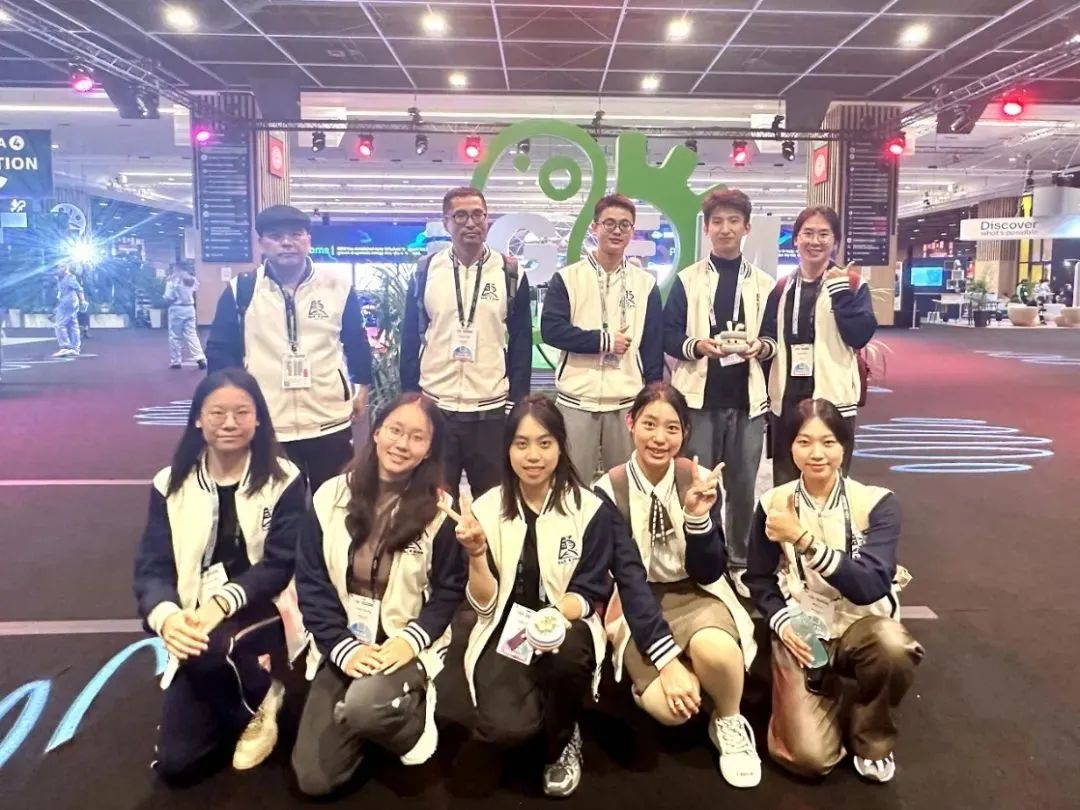
Their project introduced an innovative modular protein connection system to expand the design scope of nanodiscs, overcoming challenges in protein purification and achieving controllability, visualization, and high yield. These breakthroughs not only demonstrated the potential of nanodiscs in combating viruses but also provided a flexible platform for future iGEM teams.

The 2024 BNU-China team comprised 30 members from five departments, including the College of Life Sciences and the School of Artificial Intelligence. Under the guidance of faculty advisors such as Zhu Xudong and Yang Dong, the team spent nearly a year on project design, experiments, analysis, and modeling, gaining invaluable experience along the way.
BNUZH-China Team
The BNUZH-China team achieved their best performance in four years, making the global undergraduate project Top 10 for the first time. They also won the Best Bioremediation Project award and received nominations for Best Integrated Human Practices, Best Model, and Best Wiki. This marked their fourth consecutive gold medal, setting a new benchmark for the Zhuhai campus in synthetic biology.


Their project, Mangroves PE&CO2 Hunters, addressed the global challenge of microplastic pollution, particularly polyethylene (PE) microplastics, which are difficult to degrade. Mangroves, while effective in trapping plastic debris, accumulate high concentrations of microplastics in their soil.
To tackle this issue, the team developed two engineered bacteria: Pseudomonas aeruginosa, modified to degrade PE microplastics more efficiently. Rhod pseudomonas palustris, engineered to capture carbon dioxide released during plastic degradation.
The team integrated advanced technologies like machine learning, neural networks, and retrieval-augmented generation to optimize their models and experiments. Their Integrated Human Practices team also conducted extensive interviews with over 24 experts to ensure their project met real-world needs.
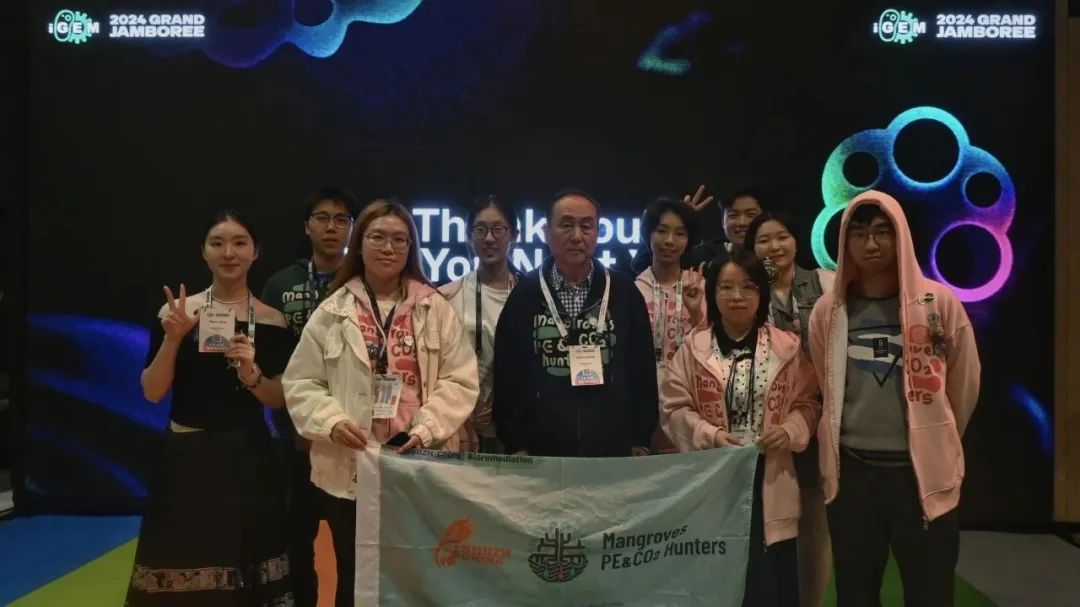
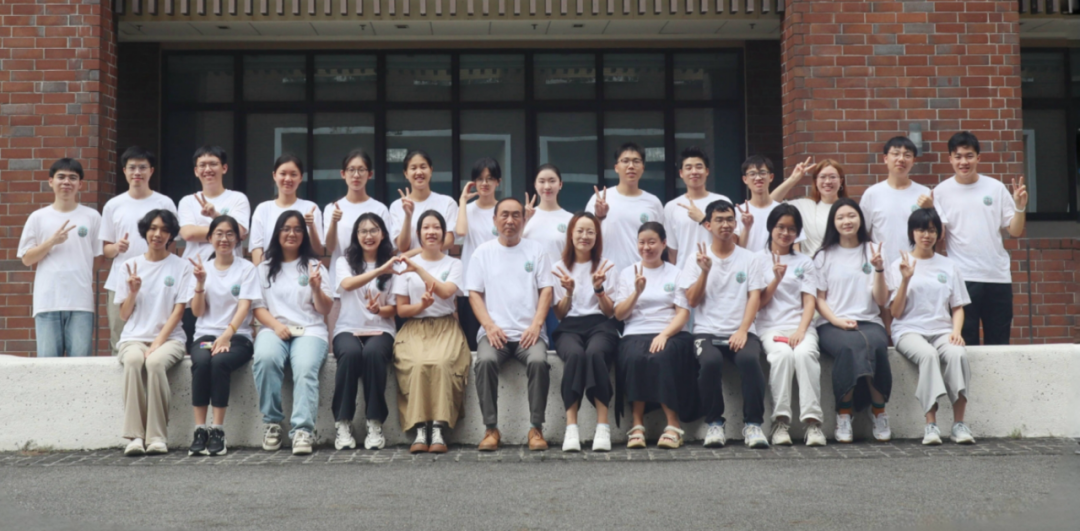
This year, the team participated in the Grand Jamboree held in Paris, with eight members attending the on-site presentations while others joined virtually. Their dedication and innovative spirit earned them outstanding results.
The BNUZH-China team included 23 members from diverse fields like biosciences, psychology, data science, and artificial intelligence, supported by six mentors and five advisors. Their success exemplifies BNU’s growing influence in the international synthetic biology community.


